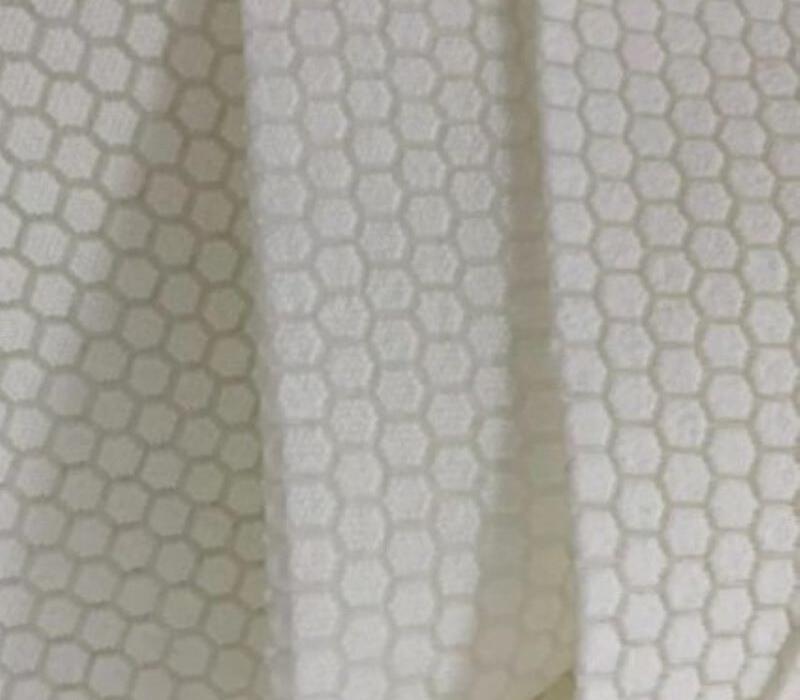Composite core materials play a crucial role in the construction of lightweight, strong, and durable structures. They are essential components in various industries, including marine, aerospace, construction, and wind energy. These materials, which include foam cores, balsa wood, and honeycomb structures, provide the necessary strength and stability while significantly reducing the overall weight of the final product.
What are composite core materials?
Composite core materials are used as the central structural element in composite structures. They are typically sandwiched between two layers of composite skins, which are often made from materials like fiberglass, carbon fiber, or Kevlar. This sandwich construction technique enhances the stiffness and strength of the structure without adding much weight. Common types of core materials include PVC foam, PET foam, balsa wood, and honeycomb structures made from materials like aluminum and aramid.
Applications of composite core materials
In the marine sector, composite core materials are extensively used in the construction of boat hulls and decks. The lightweight nature of these materials contributes to better fuel efficiency and improved performance. For instance, structural core materials are widely used in high-performance racing yachts and luxury motor yachts in Australia.
The aerospace industry benefits from the high strength-to-weight ratio of composite core materials. Honeycomb cores and foam cores are commonly used in aircraft structures to provide rigidity and reduce weight, enhancing fuel efficiency and payload capacity.
In wind turbine blades, composite core materials are crucial for maintaining the structural integrity and reducing the overall weight of the blades. This application is vital for the efficiency and longevity of wind turbines.
Composite core materials are also used in architectural applications where lightweight and strong materials are required. Structural panels made with these materials are used in building facades, bridges, and other infrastructure projects.
Advantages of using composite core materials
One of the most significant advantages of composite core materials is their lightweight nature, which contributes to better performance and efficiency in various applications. These materials offer excellent strength and stiffness without the added weight, making them ideal for load-bearing applications.
Composite core materials are resistant to corrosion, moisture, and chemicals, ensuring longevity and reduced maintenance costs. Available in various forms, such as foam, honeycomb, and balsa, these materials can be tailored to meet specific application requirements.
Choosing the right supplier
When selecting a supplier for composite core materials in Australia, it’s important to choose one with a proven track record and a comprehensive range of products. At Ironbark Composites, we offer a wide array of core materials suitable for different applications, from marine to aerospace and construction. Our expertise ensures that you get high-quality materials tailored to your specific needs.
Composite core materials are indispensable in modern engineering and construction, offering unparalleled benefits in terms of weight reduction, strength, and durability. For businesses across Australia, partnering with a reliable supplier like Ironbark Composites can provide the right materials to enhance their projects’ performance and efficiency.
For more information on high-quality composite core materials and to discuss your specific requirements, contact us today.







